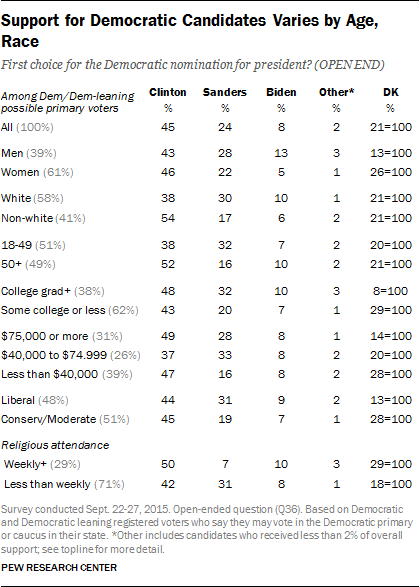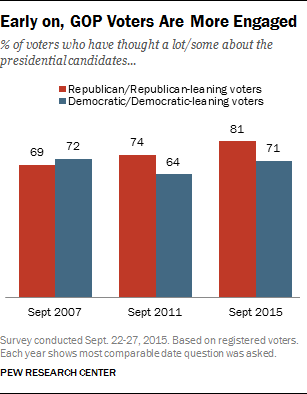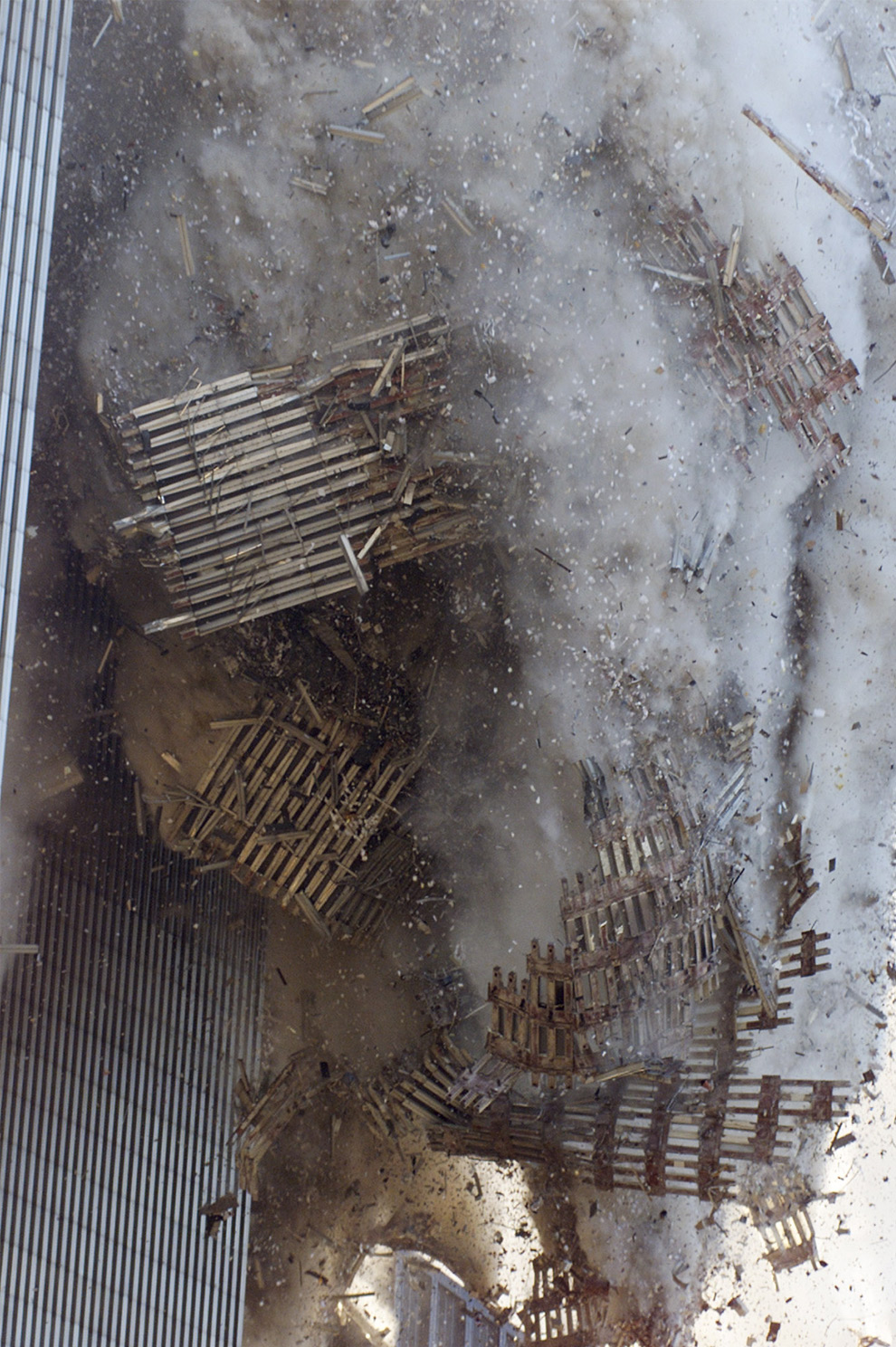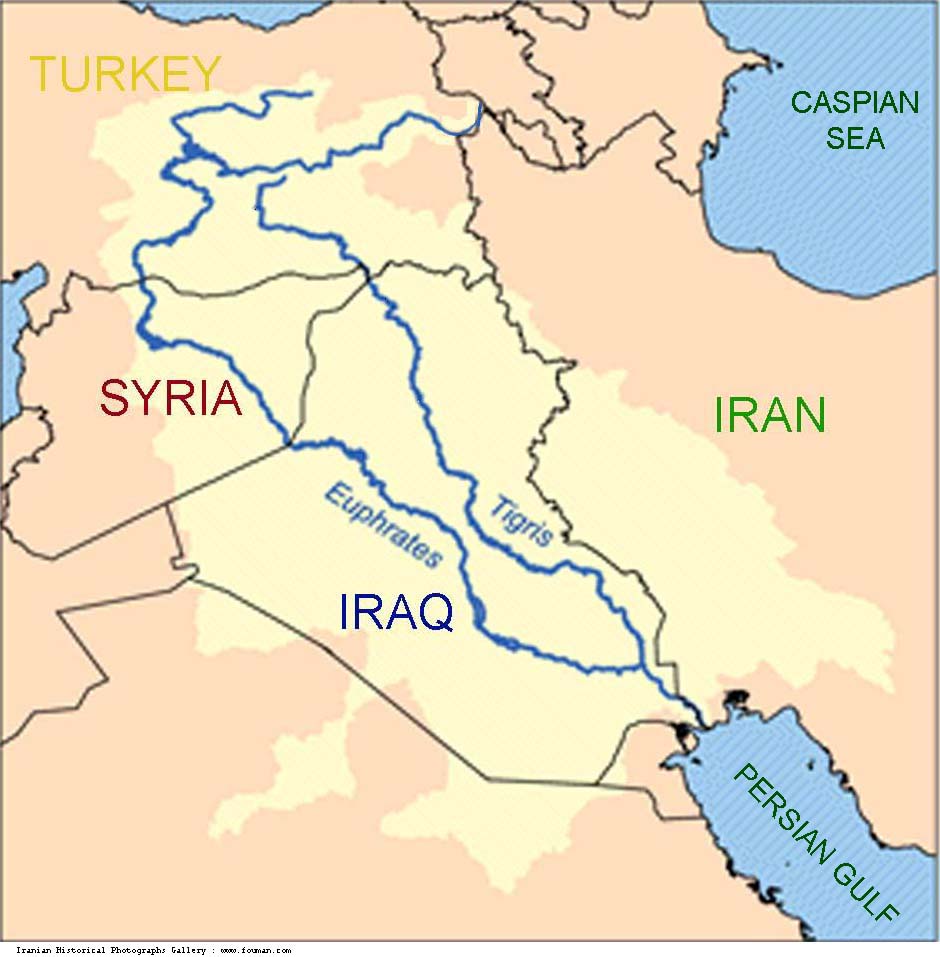Defense Secretary Ash Carter says the US will step up its operations against the Islamic State in Iraq and Syria, including through ‘direct action on the ground.’
Carter captured the strategic incoherence that is the essence of our current Middle East policy.
And isn’t sending our uniformed military into Syria to support forces in open rebellion against the Syrian government an act of war? What will we say when a non-NATO country invokes this same precedent, say, in the Baltic States, or on Philippine territory?
We seem to be relying on the Authorization for the Use of Military Force (AUMF). The AUMF is our legal excuse to justify any plan for more intervention in the ME. It is a catch-all, because it allows the US to go after whoever we dislike. The relevant passage from the AUMF says that the President is authorized to use all necessary and appropriate force against those nations, organizations, or persons he determines planned, authorized, committed, or aided the terrorist attacks that occurred on September 11, 2001.
Our new ME policy backs ISIS in Syria, but fights it in Iraq. This is a flawed strategic position. It puts US soldiers at risk of direct confrontation with Russian forces, instead of by proxy, which would be bad enough. From Sic Semper Tyrannis: (Brackets and emphasis by the Wrongologist)
In Syria, the [Def Sec]Carter/[General]Dunford/WH “team” proposes to insert US Green Berets into YPG Kurdish controlled areas northeast of Aleppo as instructors, coordinators, advisers and air controllers. The Turkish Air Force has been busy bombing these same Kurds the last few days to prevent them moving west along the border to seal it against IS transit of the border from Turkey…Question – what will happen when Turkey kills some US soldiers?
We are doing this because we have been outplayed by Russia in Syria. The US (and Obama’s) dilemma has nothing to do with the alleged Obama fecklessness. It has everything to do with the US having to cope with the second order effects of the destruction of Iraq.
Iraq is America’s cardinal sin, and we will suffer its consequences for a very long time.
The US cannot have a coherent ME strategy as long as it remains loyal to its traditional ME allies/clients Turkey, Saudi Arabia, Qatar and Israel. Successive administrations have maneuvered the US into a position where we can’t extricate ourselves from the policy goals of these “client states”, even when we know their goals are detrimental to US interests.
These alliances have placed the US in a foreign policy straitjacket. Obama wants to wriggle free. He wants to accept the changes in the regional balance of power that have emerged as a result of the destruction of Iraq, but our allies/clients both resent, and oppose them.
The simple fact is that the US is dependent on the consent of these allies/clients for the use of their overseas bases. The Turks have leveraged that need with the denial of use of Incirlik Air Base until their demands were met. We should expect the Saudis and Qataris play the same card.
The Obama administration understands that the US is losing its grip on the region and its politics. We try to operate against that, despite having allies/clients that have different objectives than we have, allies who have diametrically opposing narratives of recent events and very different policy goals.
That means the “allies” resist our plans, while we compromise with them, and work to meet their preconditions. This is precisely because the US has configured our Empire in a way that means these allies aren’t “client states” at all: They are “customers” for our military suppliers, and everyone knows that The Customer Is Always Right.
In the end, even assuming a rational strategy and stellar execution, the regional balance of power in the ME has fundamentally changed, and the US must adjust.
This new move by the Obama administration means that America is on a track to just continue wandering around in the ME. That will continue until we are again bloodied on the ground, and fade away…or stumble into WWIII.
We let the genie is out of the bottle. Now it is time to deal with it.
See you on Sunday.




